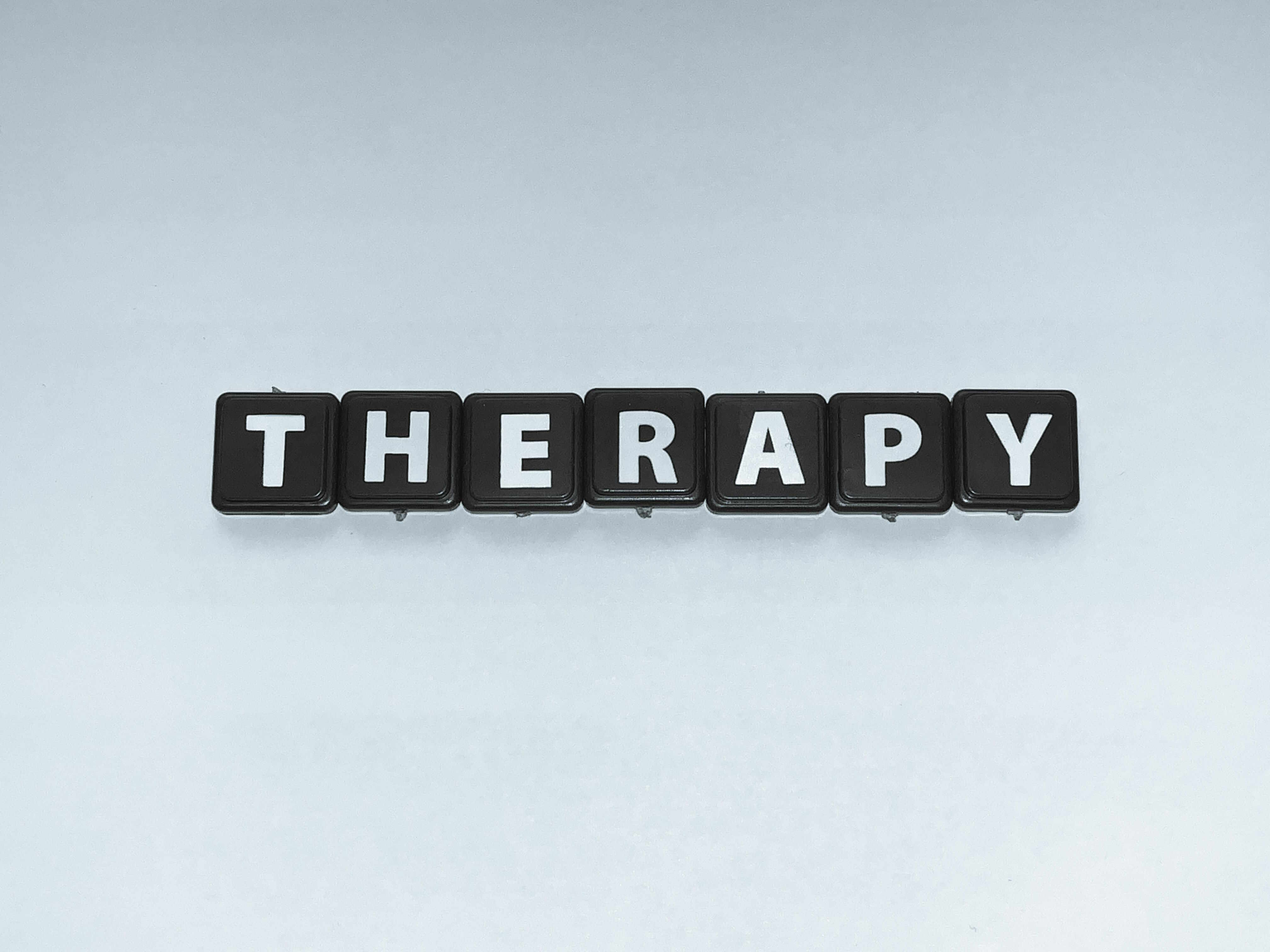Finding Affordable Mental Health Care Options in Your Community
Mental health support has become increasingly important, yet cost barriers often prevent people from accessing necessary care. Finding affordable mental health assessments and ongoing support requires understanding the diverse landscape of available resources, from community-based programs to online platforms and state-funded initiatives. Many Americans struggle with the financial burden of mental healthcare, but numerous alternatives exist beyond traditional private practice services that can provide quality care at reduced costs.

How Can You Find Affordable Mental Health Assessment Options?
Exploring affordable options for mental health assessments begins with understanding the various pathways available in most communities. Community health centers often provide sliding-scale fee structures based on income, making professional assessments accessible to individuals with limited financial resources. Many federally qualified health centers (FQHCs) employ licensed mental health professionals who can conduct comprehensive evaluations at significantly reduced rates compared to private practitioners.
Local nonprofit organizations frequently partner with mental health professionals to offer low-cost screening services during community health fairs or awareness events. Additionally, some employers provide employee assistance programs (EAPs) that include free initial mental health assessments as part of their benefits package, making workplace resources an important consideration for working individuals.
What Economical Services Are Available for Mental Health Evaluations?
Uncovering economical services for mental health evaluations requires investigating multiple service delivery models. Telehealth platforms have revolutionized access to mental health care by reducing overhead costs and passing savings to consumers. Many licensed therapists and psychologists now offer virtual assessments at lower rates than in-person visits, while maintaining professional standards and confidentiality.
Group assessment sessions represent another cost-effective approach, where multiple individuals participate in structured evaluation processes under professional supervision. This model works particularly well for specific conditions like anxiety disorders or depression screening, allowing providers to serve more people while reducing individual costs.
How to Navigate Mental Health Care with Limited Financial Resources?
Navigating mental health care with minimal financial burden involves strategic planning and resource identification. Government insurance programs like Medicaid often cover mental health services, including assessments and ongoing treatment, for eligible individuals. The Affordable Care Act expanded mental health coverage requirements, making it essential to understand insurance benefits and advocate for covered services.
Payment assistance programs offered by hospitals and healthcare systems can provide significant relief for uninsured or underinsured individuals. Many facilities are required to offer charity care or payment plans, though patients must typically apply and demonstrate financial need to qualify for these programs.
Where to Find Community Centers and Online Resources for Mental Wellness?
Community centers and online resources for enhancing mental wellness provide accessible entry points for mental health support. Local YMCA and YWCA locations often host support groups and wellness programs at minimal cost. Public libraries frequently offer mental health resources, including access to online screening tools and educational materials about local services.
Online platforms like Mental Health America and National Alliance on Mental Illness (NAMI) provide free screening tools and resource directories organized by geographic location. Crisis text lines and peer support platforms offer immediate assistance without cost barriers, serving as bridges to more comprehensive care when needed.
How Can University Clinics and State Programs Support Mental Health Needs?
Leveraging university clinics and state programs for mental health support opens access to supervised training environments where graduate students provide services under licensed supervision. Psychology and counseling programs at universities often operate training clinics that offer assessments and therapy at substantially reduced rates, typically ranging from $10 to $50 per session depending on the institution and individual circumstances.
State-funded mental health programs vary by location but commonly include crisis intervention services, case management, and ongoing treatment for individuals with serious mental health conditions. These programs often prioritize individuals without insurance or those whose conditions significantly impact daily functioning.
| Service Type | Provider Example | Estimated Cost Range |
|---|---|---|
| Community Health Center Assessment | Federally Qualified Health Centers | $25-$150 (sliding scale) |
| University Training Clinic | Local University Psychology Departments | $10-$50 per session |
| Telehealth Platform | BetterHelp, Talkspace, MDLIVE | $60-$100 per session |
| State Mental Health Services | Department of Health Programs | $0-$30 (income-based) |
| Employee Assistance Program | Workplace EAP Services | Free (employer-provided) |
Prices, rates, or cost estimates mentioned in this article are based on the latest available information but may change over time. Independent research is advised before making financial decisions.
Building a Sustainable Mental Health Support System
Creating long-term mental health support involves combining multiple resources to build a comprehensive care network. This might include utilizing free online resources for daily wellness practices, attending community support groups for peer connection, and accessing professional services through affordable providers for clinical needs. The key lies in understanding that mental health care exists on a spectrum, with various intervention levels available at different price points.
Success in accessing affordable mental health care often depends on persistence and advocacy. Many individuals qualify for assistance programs they are unaware of, making it important to inquire about financial aid options at every potential provider. Building relationships with community mental health advocates and staying informed about local resources can significantly improve access to quality care regardless of financial circumstances.
This article is for informational purposes only and should not be considered medical advice. Please consult a qualified healthcare professional for personalized guidance and treatment.



